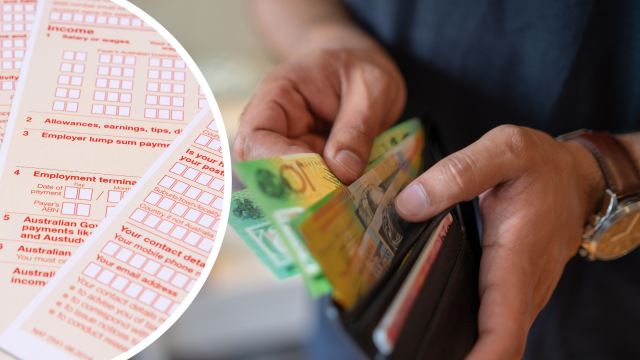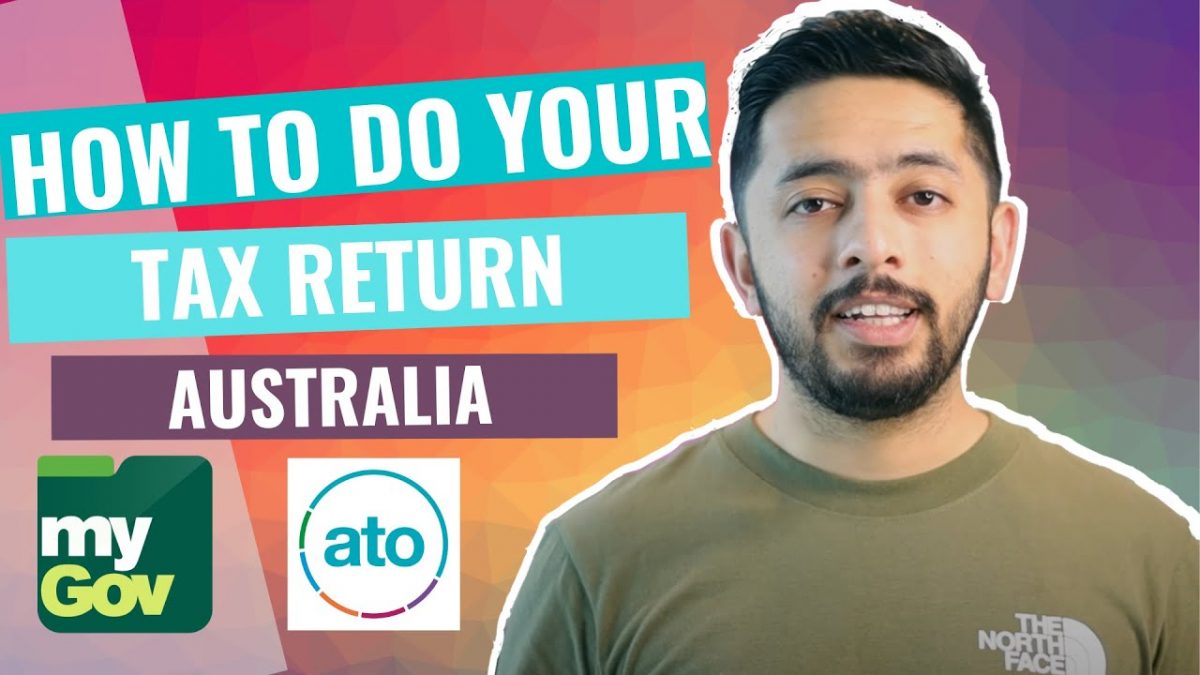When Can We Lodge Tax Return 2023 in Australia?
Introduction
Tax time is an important period for individuals and businesses in Australia. It’s when we review our financial activities from the previous financial year and submit our tax returns to the Australian Taxation Office (ATO). If you’re wondering when you can lodge your tax return for 2023, this article provides you with the relevant information.
1. Tax Year and Lodgment Deadlines
1.1 Tax Year
In Australia, the tax year runs from July 1st to June 30th. Therefore, the tax year 2022-2023 began on July 1st, 2022, and will end on June 30th, 2023.
1.2 Individual Lodgment Deadlines
The deadline for lodging your tax return as an individual depends on how you choose to lodge it. There are two main options:
1.2.1 Self Lodgment
If you prefer to lodge your tax return yourself, the deadline for lodgment is typically October 31st, following the end of the tax year. For the tax year 2022-2023, the self-lodgment deadline will be October 31st, 2023. This means you have several months after the end of the financial year to prepare and lodge your return.
1.2.2 Using a Tax Agent
If you decide to engage a registered tax agent to help you with your tax return, the lodgment deadline is generally extended. Registered tax agents have different lodgment due dates depending on various factors, such as their client base and lodgment history. Typically, tax agents have more time to lodge returns on behalf of their clients.
2. Benefits of Lodging Early
2.1 Quicker Refunds
One of the key benefits of lodging your tax return early is that you may receive any tax refunds owed to you sooner. The ATO aims to process refunds within 12 business days for electronically lodged returns, provided there are no issues or discrepancies.

When can we lodge tax return 2023 in australia?
2.2 Avoiding Penalties and Interest
By lodging your tax return before the deadline, you can avoid potential penalties and interest charges. Failing to lodge your return on time can result in penalties imposed by the ATO, which can accumulate over time.
2.3 Peace of Mind
Lodging your tax return early provides peace of mind. It allows you to fulfill your obligations as a taxpayer promptly and reduces the stress associated with last-minute preparations. https://cbdtax.com.au/
3. Gathering Required Information
3.1 Income Documents
To lodge your tax return, you’ll need to gather all relevant income documents, such as payment summaries from your employer, statements from your bank regarding interest earned, and any other sources of income you may have.
3.2 Expense Records
It’s crucial to maintain accurate records of your deductible expenses. These may include work-related expenses, rental property expenses, charitable contributions, and other eligible deductions.
3.3 Other Supporting Documents
Depending on your individual circumstances, you may need additional supporting documents. For example, if you have made contributions to a superannuation fund or received government benefits, you’ll need the necessary documentation to report these accurately.
4. Options for Lodging Tax Returns
4.1 Online Lodgment
The ATO provides an online platform for individuals to lodge their tax returns conveniently. This option is known as “myTax” and is accessible through the ATO website. By using myTax, you can complete your tax return online, calculate your tax liability or refund, and submit it directly to the ATO.

4.2 Registered Tax Agent
If you prefer to have professional assistance with your tax return, you can engage a registered tax agent. Tax agents are knowledgeable about tax laws and can help ensure that your return is accurate and compliant. They can also provide advice on maximizing your deductions and minimizing your tax liability. When using a tax agent, they will usually lodge your return electronically on your behalf.
4.3 Paper Lodgment
While electronic lodgment is the most common method, it’s still possible to lodge a paper tax return. However, the ATO encourages individuals to use electronic lodgment as it is faster and more efficient. If you choose to lodge a paper return, you will need to obtain the appropriate forms from the ATO, complete them manually, and mail them to the designated address.
5. After Lodging Your Tax Return
5.1 Assessment Process
After you have lodged your tax return, the ATO will assess it to determine if any adjustments or corrections are required. They may request additional information or supporting documents to verify the accuracy of your return. It’s important to keep copies of all documents related to your tax return for reference.
5.2 Notice of Assessment
Once the assessment is complete, the ATO will issue a Notice of Assessment. This document outlines the outcome of your tax return, including any refunds owed or tax payable. It’s crucial to review the Notice of Assessment carefully to ensure that all information is correct. If you disagree with the assessment, you can seek clarification or lodge an objection if necessary.
Conclusion
Lodging your tax return in Australia for the 2023 financial year can be done either by self-lodgment or through a registered tax agent. The deadline for self-lodgment is October 31st, 2023, while tax agents have extended lodgment due dates. By lodging your return early, you can enjoy the benefits of quicker refunds, avoid penalties and interest charges, and experience peace of mind. Make sure to gather all the necessary information and consider the available options for lodging your tax return, such as online lodgment through myTax or engaging a tax agent. After lodging your return, stay attentive to the assessment process and review the Notice of Assessment provided by the ATO. By fulfilling your tax obligations diligently, you contribute to the proper functioning of the Australian tax system.

